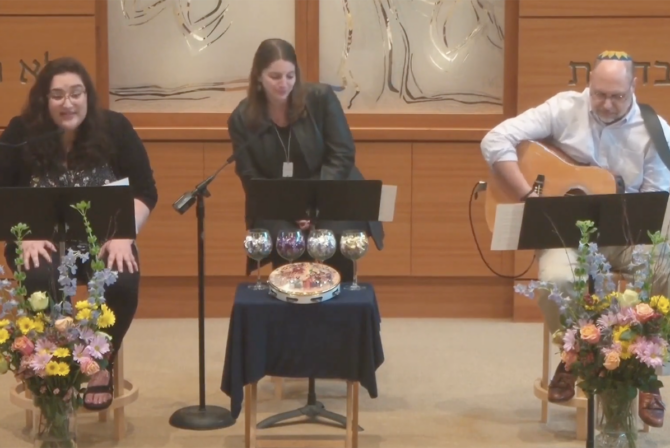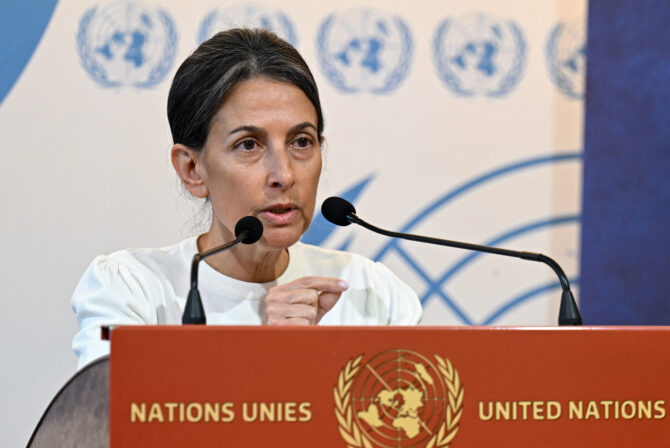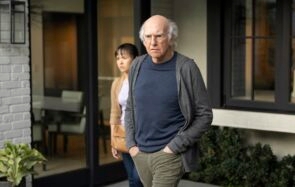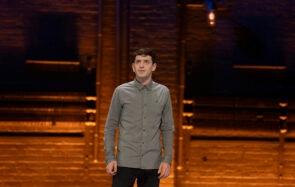On Sunday afternoon, our family walked around the farm looking for a place to build our sukkah. I like to have a new location each year so we can have distinct memories of each Sukkot.
We chose a sandy spot near the barn on the top of a hill that we called the beach when we first moved in because it is the sandiest soil on the farm. It is a spot where you can grow Mediterranean herbs and not much else, where you can imagine a desert, imagine the land of Israel. Imagine a new home.
Sukkot is always one of our favorite Jewish holidays. We love building our sukkah right on the edge of our fields in the midst of the fall harvest. Sukkot is the perfect holiday for Jewish farmers like us, connecting us directly with farmers from long ago, celebrating the bounty and enjoying the first cool days.
But this year, Sukkot is teaching me something new.
For the past couple of months, my husband and I have been doing a lot of thinking, churning and planning about our farm and family. The local schools are not strong here, and it is becoming clear that staying with them involves too much risk and compromise. We know we probably need to make a big change of some kind.
We have seen this coming for a while, but this fall my son is in second grade and we are feeling the urgency. I’ve been in a flurry of research about an array of options: moving, homeschooling, whether we could swing private school, stick it out in public schools, and even our annual flirtation with making aliyah.
It also happens to be the beginning of the Shemitah (Sabbatical) year when farmers in Israel are supposed to take a year off to let the land rest. Everyone has a different idea about what Shemitah means today, but it is a good time to reflect, take a break, gather perspective, and think about the next seven years. And that’s exactly what we are doing.
We have built this beautiful farm from scratch. We love our farm, our neighbors, our hoop houses, our blackberries, our apple trees, and deeply rooted asparagus plants. Our children get lots of outside play and I am enjoying a nature-based homeschool pre-k with my 4-year-old. She is at my side as I write, “play reading” a book about frogs.
But despite all the things we love, this is the fall to realize that just like our sukkah, our dwellings are temporary. We can move on.
Building the sukkah out of string and sticks with walls made of sheets feels like a lesson in accepting and even celebrating the temporary. Our dwellings–and actually, our whole lives–are temporary, fragile, and fleeting. And as deep as we have dug ourselves in here, we could take down our structures and build new ones. And it will be fine–it’s part of being Jewish, it’s part of being human, and it’s our turn.
Change is hard. I will do my best to keep breathing, worry less, eat well in the sukkah, and enjoy the sandy patch of ground. I hope to do this while gathering the courage to take down not just the sukkah but hundreds of other things we have built so we can move on and build them all over again.
Like this post? Get the best of Kveller delivered straight to your inbox.









